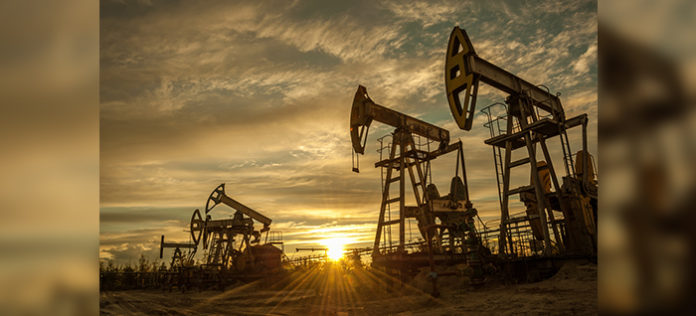

Two private citizens in Boulder, co-members of a trust, filed a complaint against the City of Boulder over a categorical ban on oil and gas extraction within city limits and on municipal land. The plaintiffs assert that the ban, in place since 2013, deprives oil and gas owners of their property without compensation, according to the complaint.
“This ban has deprived mineral owners of their property without just compensation, which violates the [U.S.] Constitution,” the complaint states. “Boulder has effected a ‘taking’ of mineral rights within its city limits and underneath City-owned land, and owes mineral right owners compensation for this taking.”
John and Valorie Wells have owned the mineral rights in question since 1981 and are represented by the Public Trust Institute, a Colorado nonprofit that defines its mission as being to “ uphold our state’s constitution and defend the principles of individual freedom and personal responsibility.”
Sarah Huntley, director of communications and engagement for the City of Boulder, confirmed that the city would review the complaint and had no further comment on the litigation.
The complaint alleges that under federal and state constitutions, the taking of private property for public use without just compensation is prohibited. With the implementation of a ban on oil and gas extraction in Boulder in 2013, the value of the Wellses’ mineral rights have been “destroyed,” the complaint says. John Wells obtained the rights to the oil and gas beneath the property in 1981 as part of an investment and business venture. At the time, he was working with a geologist who identified the property as having possibilities for fossil fuel production.
In 2013, the Boulder City Council adopted an ordinance that temporarily prohibited the city manager and staff from accepting or proceeding on applications for oil and gas exploration on city open spaces, and any applications for use review for extraction or exploration.
That year, the City Council adopted a separate ordinance that banned the use, sale or supply of city water for oil and gas extraction, according to the complaint, and voters approved ballot measure 2H to extend the prohibition until June 2018.
The Boulder City Council extended the ban three separate times, most recently through Dec. 31, 2021. “The last two extensions were enacted as part of the consent agenda, without any debate or discussion,” the complaint states.
The complaint states that the Wells property is owned by the City of Boulder and designated as an open space and is located at the western border of the Denver Basin, where oil and gas development has taken place over the past 100 years. The Denver Basin is also home to the Boulder Oil Field, “the second-oldest commercial oilfield west of the Mississippi.” The Denver Basin also contains the Wattenberg Field, which, six years ago, was one of the top 10 fields in the U.S. based on yearly oil and gas, according to the complaint.
The Wells property was leased in 1990 in a two-year oil and gas lease with an oil production company for $1,600, plus a 16% royalty on any minerals extracted. However, the company never developed the property, and no fossil fuels were extracted, according to the complaint.
Despite the lack of development, the Wellses assert that the property has “significant” oil and gas production potential, which was the purpose of buying the property. Wells held the property until 2014, when he transferred it to the Wells Revocable Trust, of which both Wells are co-trustees.
“I think the city needs this [ordinance] as a way to get around the takings question,” said Dan Burrows, legal director for the Public Trust Institute. He said that the city also needs the ordinance to get around the question of whether they can make such a decision by saying it is a moratorium. He noted that there is case law that says municipalities may reasonably pause actions to sort out regulations and see if they’re adequate for current or changing conditions. “But what we have here isn’t a pause button,” he said, adding that after seven years, many people would agree that reasonable enough time to address local regulatory environments has passed.
The complaint alleges that the while purpose of the bans has been to “impose an allegedly temporary” moratorium on development so the council could reassess local regulations, no progress has been made toward crafting Boulder-specific regulations.
“The effect of what they have done here is a ban in everything but name,” Burrows said. “Just because you put a sunset on a law, if you continue to renew that law in perpetuity, that no longer appears to be a temporary law — it’s one that’s renewed as a pro forma mater.”
The complaint argues that the fossil fuel development prohibition has made it practically impossible for the Wellses to lease, sell or exercise the mineral rights. “The Wells’ position, and the position we advance in the lawsuit, is if the government wants to treat land as they own it, there is a mechanism for them to do so — by condemning them and purchasing them,” Burrows said.
—Avery Martinez

